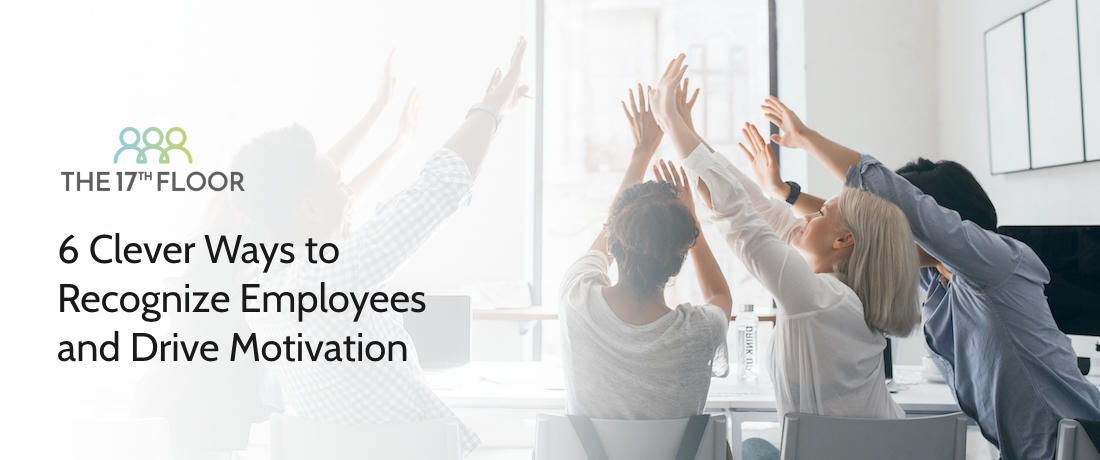5 Key Factors to Ensure an Excellent Employee Experience

Employee experience is vital to any organization, as it refers to employees’ overall perception and emotions about their job, workplace, and the organization as a whole. This means that it goes beyond the traditional day-to-day tasks and activities and offers a holistic view of the employee journey and experience.
A positive employee experience can increase employee retention and, therefore, decrease turnovers. As Amy Davies, CEO of First30, shared in one of the latest 17th Floor webinars, this is crucial given that replacing employees costs between 30% and 50% of their salary.
Businesses spend an exceptional amount of their budget replacing employees. It can cost 30% to 50% of an employee’s salary to replace them.
A good employee experience should be both enjoyable and meaningful, enabling employees to feel valued and appreciated. In order to ensure a positive experience, there are several things that companies can keep in mind.
1. Communication
Communication is key in any relationship, and the employer-employee relationship is no exception. Companies that encourage open and regular communication between employees and managers create trustful and more comfortable workplaces. It is paramount to make sure that everyone is aware of company policies, goals, and expectations in order to avoid misunderstandings and conflicts.
Want to improve your communication skills? Check out Communication for the Payroll Professional, a seminar developed by MaxPeople in cooperation with the National Payroll Institute.
2. Recognition
Acknowledging and rewarding employees for their hard work and contributions to the organization add to a good employee experience. Showing appreciation helps boost employee morale and motivation and reinforces positive behaviours and attitudes. Consider implementing regular feedback and recognition programs to ensure all employees feel valued and supported.
3. Flexibility
Many employees value flexibility in their work arrangements, including flexible working hours, the ability to work remotely or a 4-Day week schedule. By offering these options, companies can help employees balance their work and personal lives and reduce stress and burnout.
Learn why adopting a hybrid work model will help you attract, retain and engage your employees by watching this 17th Floor webinar with Paul Pittman. Paul is a founding partner of The Human Well and a former member of the Conference Board of Canada’s Council of Human Resource Executives.
4. Work-Life Balance
Maintaining a healthy work-life balance is important for employee well-being and job satisfaction. This delicate balance should start with managers, so it’s important they lead by example. The first steps start with setting boundaries between work and personal time, prioritizing tasks and delegating when possible.
5. Professional Development
Providing employees with opportunities and resources can create a supportive environment that encourages and enables them to continuously grow and develop their careers. Employers can support and encourage professional development in several ways:
- Offer training and development programs
- Encourage professional certifications
- Provide opportunities for career advancement
- Assign mentors or coaches
- Performance feedback and evaluations
Offering a positive employee experience is not only an HR duty. Payroll departments can do their part in offering customized employee experiences too. Learn how payroll professionals can offer personalized experiences here.
What else do you think is important to ensure a good employee experience? Let us know in the comments section.
Career Development, Communication, Employee Experience, Employee Recognition, Flexibility, Work-Life Balance


Stacey Wood PCP
All good points. The communication aspect is huge–our organization is very open-door between management and staff, which makes it easy to have meaningful conversations, even when they may be difficult.